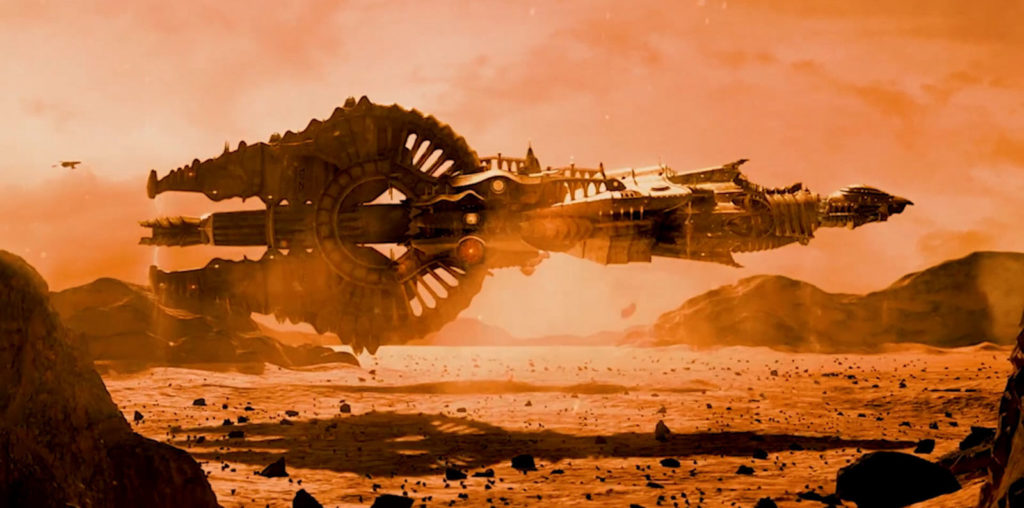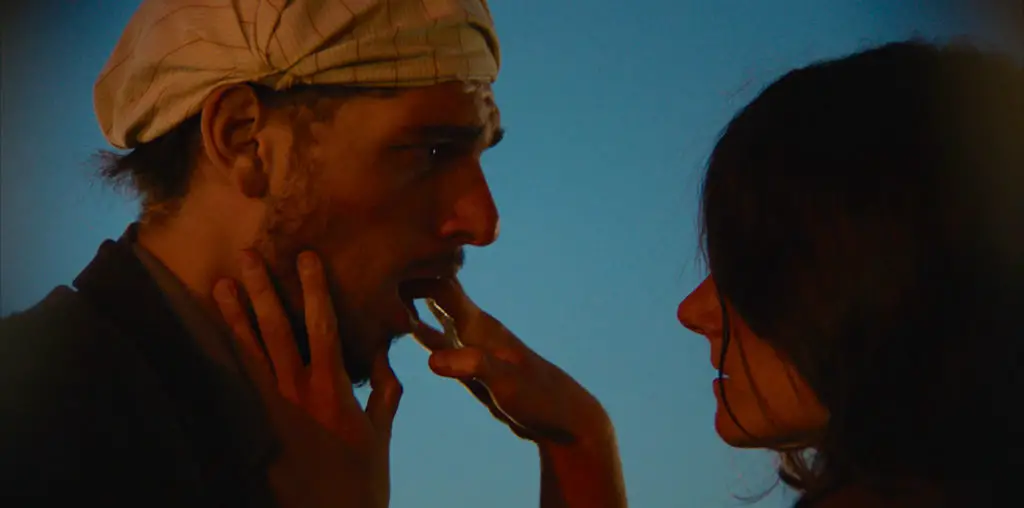
How did you first hear about Henk Otte? ^ David Klawans: I like to surf the Internet to find true stories, because the truth is always stranger then fiction, and I came across this Associated Press article the day it went up. I’d been looking for something to do because I was so tired of the Hollywood system. It just takes too long to develop projects. Rob called me from Sundance – ^ Rob Aitro: I was crashing in a friend’s condo with 15 other people. ^ David Klawans: – and I told him I’d just found this article. He, Sherman, Sven, Brett and I all went to NYU together and wanted to collaborate on a project. At first I thought Henk’s story could be a feature, but I didn’t want it to turn into “King Ralph” or something – just another stupid comedy project sitting around at a studio. I wanted to go out and make something, so we decided to do it as a documentary. Now, 18 months later, it’s done, whereas if it were in the Hollywood system we’d still be bickering over the script. ^ Sherman Lau: It was such an incredible story that you had to actually see it to believe it. ^
How did you first get in touch with Henk? ^ SL: Dave asked me if I could track Henk down. I called the Associated Press, who just gave me his home number. ^ RA: Henk wanted publicity for his Ghana foundation. So he let the AP writer give out his number. ^ DK: He had already been contacted by “60 Minutes”, but that didn’t work out. ^ RA: The media was all over him after the AP piece. We just wanted to see if he was for real. I mean, here’s Homer Simpson with his own kingdom… ^ SL: Rob and I flew to Amsterdam to meet the man in person. We had to find out if it was all true, and it turned out to be even better. We really felt there was a story there, and we got along with Henk and his family, which was key. You have to have the right rapport with your subject. ^ DK: When Rob and Sherman came back, we sat down and talked logistics. This film would be expensive; we’d have a crew flying to Amsterdam and then on to Ghana. Where were we going to get the cash and equipment? So we all contributed a large portion of money to make it work. I had saved up money from editing porn. Pixelizing the bush, that is.
Explain that, please… ^ DK: Well for a number of years I worked at this Japanese film Company – first as a P.A., then as a coordinator – and they had just gotten a deal with Playboy to show ’70s porn flicks. But in Japan they’re not allowed to show pubic hair on television. So my job was to do what they do on “Cops”, digitally blur it out. I spent a couple of years pixelizing bush. ^ SL: I was a documentary producer at VH1 and had just quit to become a freelance editor so I could focus on my own projects. ^ DK: And Rob’s worked everywhere. ^ RA: I started out as a P.A. on TV movies like “The Amy Fisher Story”, the one with Alyssa Milano. And then another one with Beverly D’Angelo. I was Beverly’s driver, and she ended up helping me get into the CAA training program. But I wanted more out of life then being a bagel boy at CAA. So I went into development working for Dan Jinks, who produced “American Beauty,” and Marvin Worth, who had done “Malcolm X.” Then…I realized the business side wasn’t for me. ^ DK: And then along came “Togbe”. We all contributed to the funding…
Get the rest of the interview in part three of WORKING CLAss KING: THE STORY OF “TOGBE”>>>

